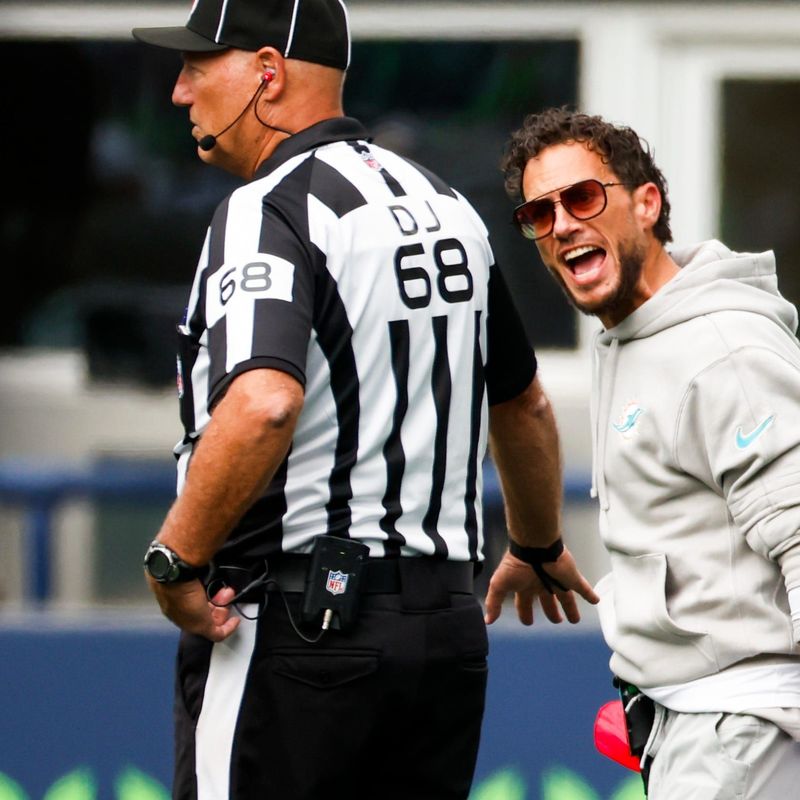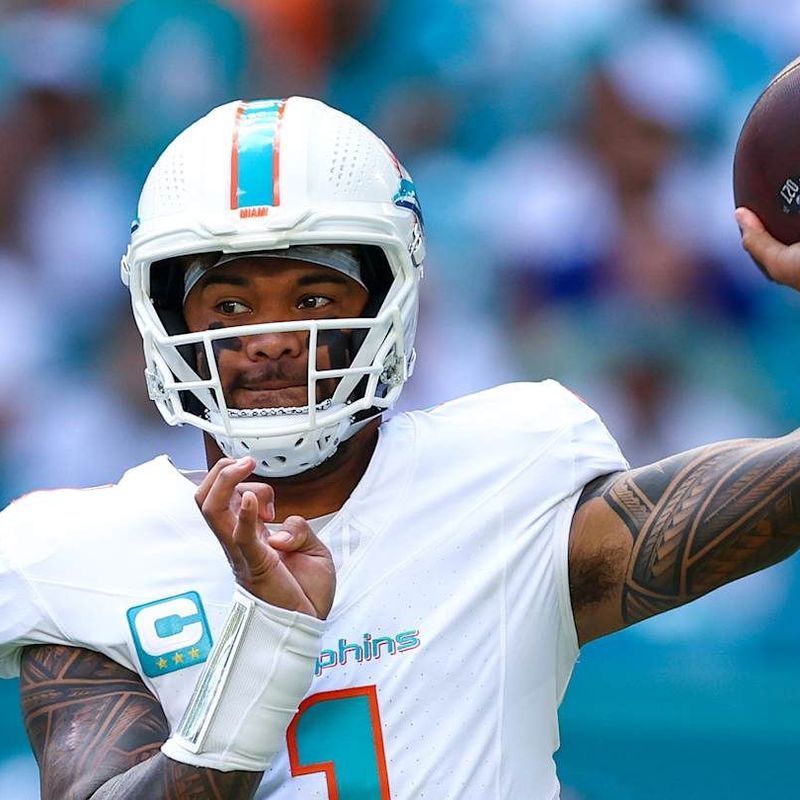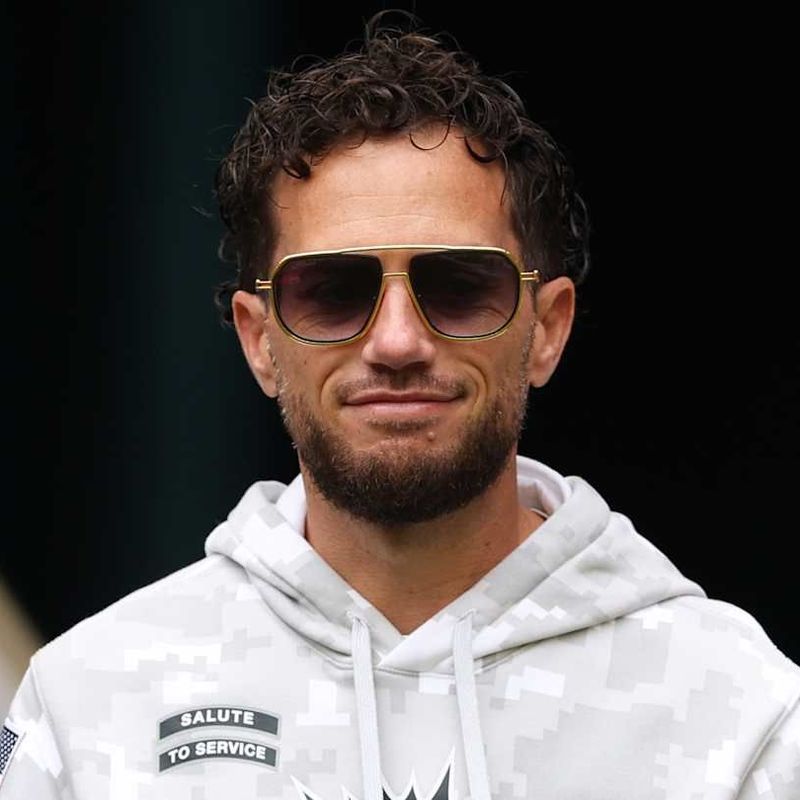Miami Dolphins defensive coordinator Anthony Weaver recently spoke about the culture of success surrounding the Baltimore Ravens, a team he coached for three seasons. Weaver highlighted the lasting impact of their Super Bowl victory in 2000, emphasizing how the team’s mentality continues to inspire and drive their current success. This comparison inevitably brings to light the Dolphins’ ongoing playoff drought, the longest active one in the NFL, a stark contrast to the Ravens’ sustained excellence.
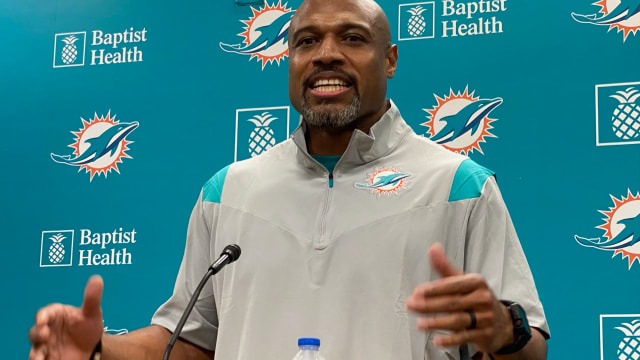
Sunday’s 24-3 loss to the Seattle Seahawks, a team not considered a top contender, further emphasizes the deep-rooted issues plaguing the Dolphins. This defeat was not an isolated incident but rather a symptom of persistent problems that have hindered the franchise for years. The Dolphins’ upcoming game against the Tennessee Titans carries significant weight, as it was the Titans who triggered a late-season collapse for the Dolphins last year.
Dolphins owner Stephen Ross recently stated that a healthy Dolphins team would be a Super Bowl contender. This statement has drawn criticism, especially considering the team’s age and injury history.
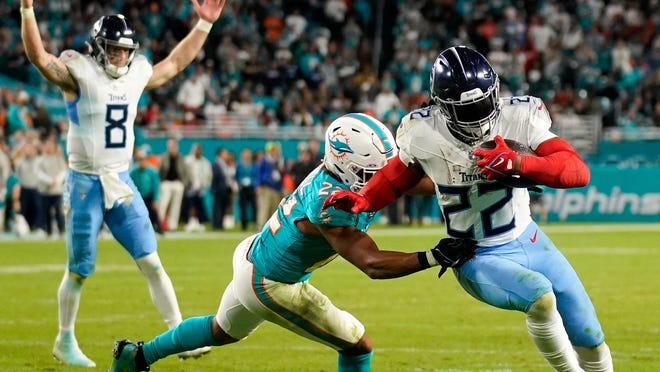
Ross has consistently invested heavily in the team, but his optimism often seems disconnected from the team’s actual performance. The recent wave of contract extensions handed out to players who haven’t yet achieved substantial success raises concerns about the team’s long-term flexibility and reliance on aging veterans.
Doubts linger about quarterback Tua Tagovailoa’s ability to single-handedly solve the team’s offensive struggles. The final three games of the previous season, where the Dolphins were outscored by an average of 21 points against playoff-caliber opponents, even with Tagovailoa, highlight these concerns.
Furthermore, the offensive line remains a concern, as evidenced by backup quarterback Skylar Thompson’s injury against the Seahawks. This recurring issue raises questions about general manager Chris Grier’s management of the team’s roster.
While the defense, led by Weaver, has performed relatively well, the offense has struggled to find consistency and explosiveness.
The passing of Dolphins legend Mercury Morris serves as a poignant reminder of the team’s glorious past. Morris was a key player on the undefeated 1972 Dolphins, a team that etched its name in NFL history.
This season, the Dolphins’ struggles highlight the critical importance of a capable backup quarterback, a lesson emphasized by coach Don Shula’s decision to acquire Earl Morrall as insurance for Bob Griese in 1972.
Ultimately, the Dolphins and their fans desire a return to respectability and consistency, a team that can compete at a high level and provide a spark of excitement for the community. Weaver’s reflections on the Ravens’ enduring success offer a blueprint for building a winning culture, something the Dolphins aspire to achieve.
Defensive tackle Calais Campbell, who also spent time with the Ravens, echoed Weaver’s sentiments, emphasizing the significance of establishing a winning culture that permeates throughout the organization. Campbell highlighted the importance of passing down this mentality from veterans to younger players, fostering an environment of sustained success.
The Miami Dolphins, once a symbol of dominance, are now searching for a path back to relevance. The team’s current struggles underscore the importance of establishing a winning culture, developing a consistent identity, and making astute personnel decisions. Until then, the Dolphins’ quest for a return to glory continues.


